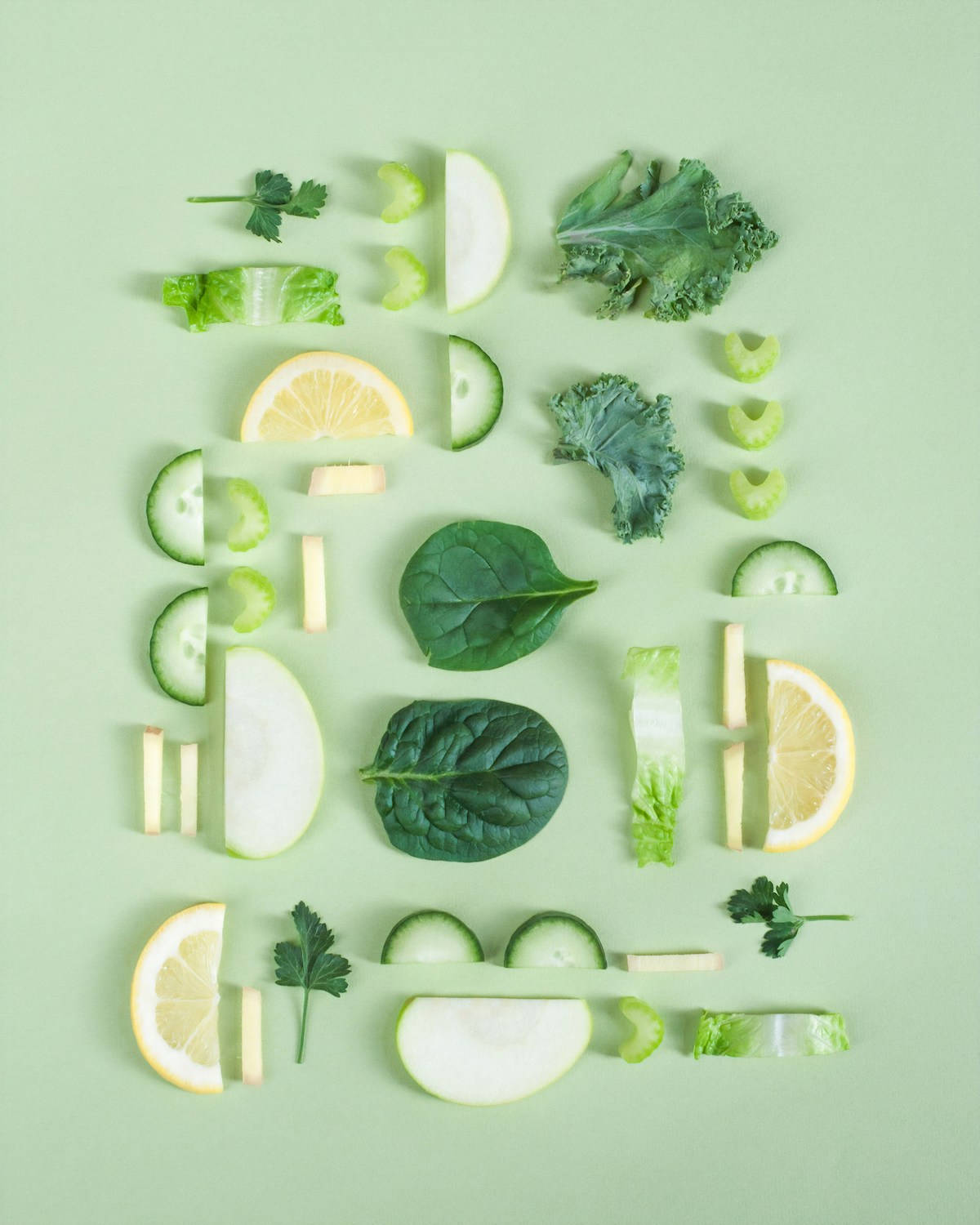
by genesis | Mar 15, 2025 | New Zealand Manuka Honey
Mānuka honey is prized worldwide for its powerful health benefits—but it’s also among the most fraudulently labeled foods globally. New Zealand produces around 1,700 tons of genuine Mānuka honey each year, yet nearly 10,000 tons are sold worldwide, highlighting a significant issue with counterfeit products. To ensure you’re buying authentic Mānuka honey, here are five key ways to verify its quality.
1. Check Certification Labels
Authentic Mānuka honey from New Zealand typically features the NZ Fernmark along with traceability , certification for MGO (methylglyoxal), DHA, and leptosperin, key markers of genuine Mānuka honey. Australian Mānuka should ideally have certification from the Australian Mānuka Honey Association (AMHA). These labels provide strong assurance of authenticity.
2. Verify the Source and Company
Always purchase from reputable brands known for quality, such as Genesis Honey Co. Authentic Mānuka honey originates exclusively from New Zealand or Australia. Be wary of jars labeled ambiguously or stating merely “packed in” without clearly indicating their source. Trusted brands typically provide batch traceability, allowing consumers to verify the exact origin of their honey.
3. Price and Packaging Cues
High-grade Mānuka honey is costly to produce, test, and certify. If you find UMF 20+ honey priced suspiciously low, it’s likely counterfeit. Authentic high-quality Mānuka usually comes in sturdy packaging clearly labeled with UMF or MGO ratings and certification license numbers. The absence of clear grading or unusually vague labeling (such as “Active 15+” without further details) is often a sign of counterfeit or diluted honey.
4. Texture and Taste Test
Authentic Mānuka honey typically exhibits a thick, creamy texture—not runny. Over time, it may naturally crystallize slightly but remains smooth. Real Mānuka honey has a distinctive aromatic flavor profile with herbal undertones and a slightly medicinal or mineral aftertaste. If the honey tastes overly sweet without complexity, it may be adulterated or blended.
5. Lab Test Results or Quality Reports
Reputable producers can provide a Certificate of Analysis (COA) upon request, detailing lab-verified levels of methylglyoxal (MGO) and other essential compounds. Some quality brands include batch-specific QR codes on their labels, linking directly to these lab results. Lack of transparency or refusal to provide such documentation is a significant red flag.
Bonus Tip: Mono- vs Multifloral Mānuka
Check the label carefully. “Monofloral Mānuka” indicates honey primarily sourced from Mānuka flowers, thus offering higher potency. “Multifloral” or unlabeled honeys typically contain lower Mānuka activity and may be less expensive—still real but less potent.
Frequently Asked Questions
How can you tell if Mānuka honey is real?
Look for UMF or MGO certifications, verify the company and origin, consider the price, and evaluate the taste and texture.
Is it true more Mānuka is sold than produced?
Yes, significantly more Mānuka honey is sold globally than produced, leading to counterfeit products.
What is fake honey made of?
Counterfeit honey often contains cheaper syrups (such as rice or corn syrup), or low-grade floral honey mislabeled as Mānuka, sometimes with synthetic methylglyoxal added.
Does real Mānuka honey have unique reactions?
While some suggest “throat tingling” as a test, this isn’t scientifically reliable. Certification and lab testing are far more accurate.
Why Trust Genesis Honey Co.?
At Genesis Honey Co., authenticity is our top priority. We source directly from trusted beekeepers, independently lab-test every batch for purity and MGO content, and guarantee transparency. Our ethical practices ensure you receive genuine, undiluted, premium-grade Mānuka honey.
Conclusion
Knowing how to identify authentic Mānuka honey helps protect your investment and ensures you receive its renowned health benefits. By using these practical tips—and choosing reliable brands like Genesis Honey Co.—you can confidently enjoy pure, genuine Mānuka honey.
Browse our range of lab-tested, high-grade Mānuka honey today!

by genesis | Mar 15, 2025 | Manuka Honey Recipes, Mānuka Honey Skin Health, New Zealand Manuka Honey
For centuries, indigenous communities in New Zealand and Australia have revered the thick, golden nectar harvested from the tea tree (Mānuka) bush for its extraordinary healing properties. Today, modern science has validated this ancient wisdom, placing Genesis Honey Co.’s 700+ MGO Mānuka honey at the forefront of natural medicine.
Historical and Traditional Uses
The Māori of New Zealand traditionally used the Mānuka plant extensively for medicinal purposes, harnessing its bark and leaves to treat wounds and infections. With the introduction of European honeybees, the therapeutic value of the honey itself was quickly recognized. Similarly, Aboriginal Australians have long practiced bush medicine, utilizing honey from native bees for wound care and soothing ailments. Even Captain Cook’s crew brewed “tea” from Mānuka leaves, giving rise to its nickname “tea tree.”
In traditional medicine across cultures, Mānuka honey was valued for its ability to treat wounds, soothe sore throats, and remedy various skin infections, long before its mechanisms were scientifically understood.
Rediscovery and Modern Research
Mānuka honey’s global fame surged in the 1980s with groundbreaking research by Dr. Peter Molan at the University of Waikato. Dr. Molan uncovered the honey’s unique non-peroxide antibacterial activity, attributed primarily to methylglyoxal (MGO). This sparked decades of rigorous scientific inquiry.
By the late 20th century, Mānuka honey had become a medically accepted substance, leading to standardized measures like the Unique Mānuka Factor (UMF) rating. Hospitals began using licensed wound-care products such as Medihoney, solidifying its legitimacy in mainstream medicine.
Current Scientific Evidence
Today, numerous laboratory and clinical studies confirm Mānuka honey’s efficacy in wound healing, managing coughs, treating ulcers, and even promoting oral health. Recent research explores its potential benefits for chronic rhinosinusitis, reducing mucositis in cancer patients, and assisting in cystic fibrosis treatments alongside antibiotics. However, it is important to recognize the limits of these studies—claims such as curing cancer remain scientifically unsubstantiated.
Modern Applications in Natural Medicine
Many integrative medicine practitioners advocate using Mānuka honey for:
- Wound Care: Proven effective for minor wounds, diabetic ulcers, and skin infections, with medical supervision.
- Digestive Support: Complementary therapy for minor gastrointestinal issues and soothing sore throats.
- Veterinary Applications: Increasingly popular among veterinarians and pet owners for treating animal wounds and infections naturally.
These applications illustrate Mānuka honey’s broad versatility, making it a valuable component in contemporary natural medicine.
Authenticity Challenges
Mānuka honey’s popularity led to issues with authenticity and fraudulent products. Recent collaborative agreements between New Zealand and Australia aim to protect and certify authentic Mānuka honey, ensuring consumers receive genuine products.
Genesis Honey Co.’s Commitment
Genesis Honey Co. bridges traditional wisdom and scientific validation. Our honey is ethically sourced, minimally processed, and rigorously tested, preserving the beneficial properties that ancient healers prized and modern science measures. We remain committed to sustainability, community engagement, and supporting ongoing scientific research.
Frequently Asked Questions
What did indigenous people use Mānuka honey for?
Traditionally, Mānuka plant extracts and honey were used for wound healing, skin care, and soothing sore throats.
When was Mānuka honey discovered?
Mānuka honey gained international scientific recognition in the 1980s due to Dr. Peter Molan’s pioneering research.
Why is Mānuka honey famous today?
Its scientifically confirmed unique antibacterial properties and widespread medical applications contribute to its global fame.
Is Mānuka honey real or a hoax?
Authentic Mānuka honey is scientifically validated and effective. Skepticism arises mainly from counterfeit or low-quality products.
Conclusion
From indigenous healers to modern medical researchers, Mānuka honey represents a remarkable convergence of traditional knowledge and contemporary science. Genesis Honey Co. proudly continues this legacy, offering pure, authentic Mānuka honey to enhance your health and wellbeing.
Explore authentic Mānuka honey—shop Genesis Honey Co. today!

by genesis | Mar 15, 2025 | New Zealand Manuka Honey
If you’ve ever wondered why Mānuka honey rated 700+ MGO (UMF 18+ to 20+) is highly valued, you’re about to discover its remarkable health benefits. Genesis Honey Co. is proud to provide ultra-premium honey that’s scientifically validated for wellness and natural healing.
1. Powerful Wound Healing & Antibacterial Action
Mānuka honey boasts exceptional antibacterial and anti-inflammatory properties thanks to its high concentration of methylglyoxal (MGO). Numerous clinical studies have confirmed its efficacy in treating wounds, burns, and ulcers. Hospitals globally, including in the U.S. (FDA-approved), utilize medical-grade Mānuka honey dressings to effectively manage infections and speed up healing.
2. Soothes Sore Throats and Coughs
High-MGO Mānuka honey is particularly effective at soothing coughs and sore throats. Research from Penn State University highlights honey as an effective cough remedy, recommended by the World Health Organization for children over one year old. A teaspoon of Mānuka honey can relieve throat inflammation and irritation naturally, providing comfort without pharmaceutical side effects.
3. Supports Digestive Health
Mānuka honey has powerful prebiotic properties, which support beneficial gut bacteria and promote a healthy digestive system. Studies have shown regular consumption can help combat Helicobacter pylori, a bacteria responsible for stomach ulcers. Incorporating high-grade Mānuka honey daily can significantly improve gut health and reduce gastrointestinal discomfort.
4. Enhances Oral Health
Thanks to its antibacterial properties, Mānuka honey helps maintain oral hygiene by fighting harmful oral bacteria. Regularly using Mānuka honey may inhibit plaque formation and prevent gum disease. Simply holding a spoonful of Mānuka honey in your mouth or mixing it with warm water can effectively boost oral health and freshness.
4. Boosts Your Immune System
Rich in antioxidants and polyphenols, 700+ MGO Mānuka honey can strengthen your immune system. Its unique compounds stimulate your body’s natural defenses, helping you ward off common illnesses. Regularly consuming small amounts of this potent honey can serve as a daily wellness boost, making it an excellent preventative superfood for maintaining overall health.
5. Promotes Skin Health
Mānuka honey isn’t just beneficial internally—it can transform your skin. Its antimicrobial and anti-inflammatory properties make it excellent for treating acne, dermatitis, and eczema. Additionally, as a humectant, Mānuka honey draws moisture into the skin, promoting hydration, regeneration, and potentially reducing signs of aging like wrinkles.
Quick DIY Tip: Mix one tablespoon of 700+ MGO Mānuka honey with two teaspoons of organic yogurt for a soothing face mask.
5. Enhances Energy Levels Naturally
Thanks to its naturally occurring sugars and nutrients, Mānuka honey serves as a sustained energy booster. Unlike processed sugars, it has a lower glycemic index (~54-59), releasing energy slowly to avoid spikes and crashes. Adding a small spoonful to your breakfast or drinks provides a natural, sustained energy boost throughout the day.
6. Improves Skin Health & Appearance
Mānuka honey’s potent antioxidants and antibacterial compounds support overall skin health. Regular topical application helps maintain a clear, smooth complexion, reduce inflammation, and encourage cellular renewal. Whether incorporated into skincare routines or applied directly, this ultra-premium honey helps maintain vibrant, youthful skin.
7. Powerful Antibacterial Action Against Resistant Bacteria
One standout quality of high-MGO Mānuka honey is its effectiveness against antibiotic-resistant bacteria such as MRSA. Clinical research shows Mānuka honey can inhibit these challenging infections, highlighting its potential as a complementary treatment in medical settings.
FAQs on 700+ MGO Mānuka Honey
Can I take Mānuka honey daily for health?
Yes! Small daily doses (about a teaspoon) can support general wellness, immune function, and gut health. However, moderation is essential due to its natural sugar content.
Is Mānuka honey good for stomach ulcers?
Yes, research shows Mānuka honey can inhibit the growth of H. pylori bacteria, helping manage stomach ulcers and promote digestive health.
Choosing Quality: Genesis Honey Co.
Quality matters immensely when it comes to experiencing these extraordinary health benefits. Genesis Honey Co. ensures each jar of our 700+ MGO Mānuka honey is lab-tested, ethically sourced, and traceable from hive to jar, guaranteeing potency, purity, and authenticity.
Ready to harness the full potential of premium Mānuka honey?
Explore Genesis Honey Co.’s premium range here.
Elevate your health and wellness routine today—because your body deserves the very best.



Recent Comments